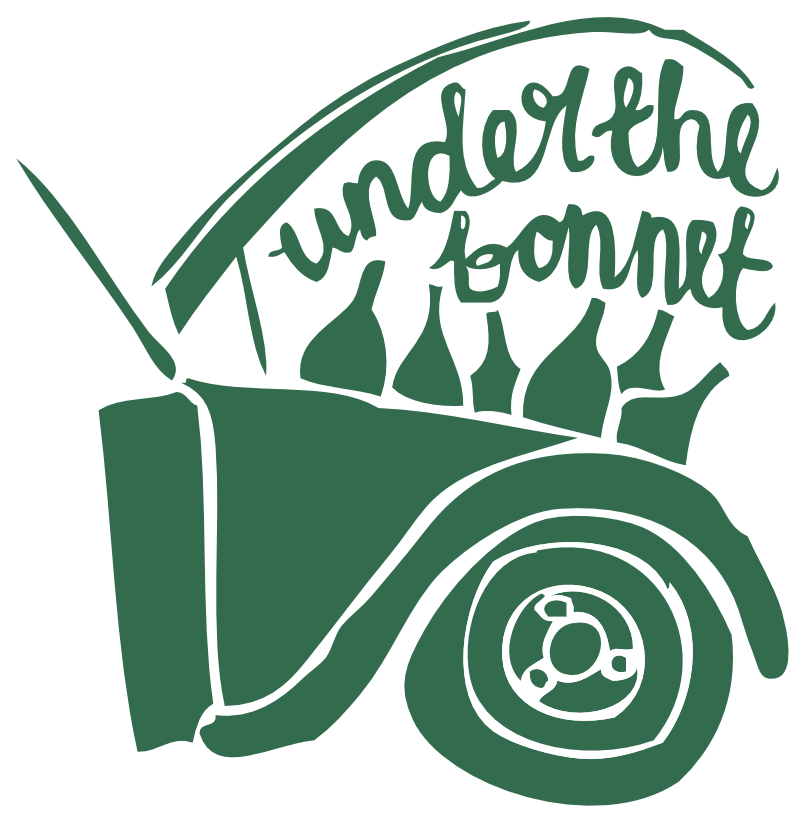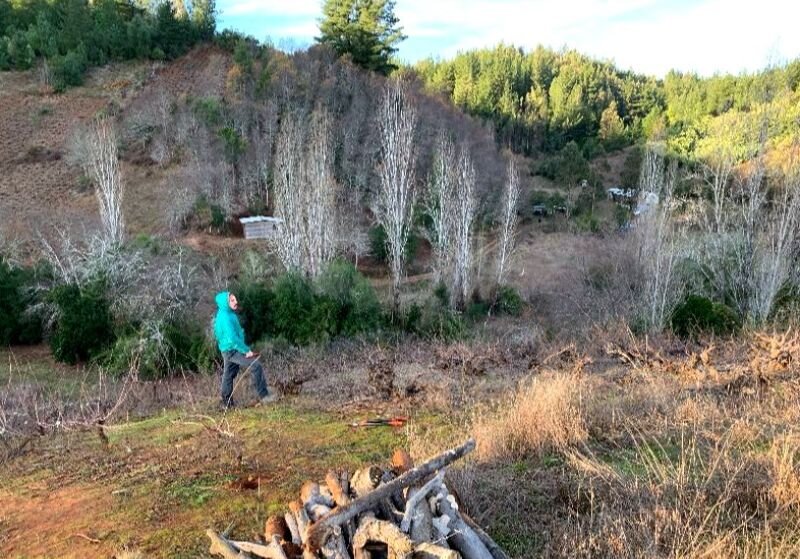Roberto Henriquez
Chile, Bio-Bio, Nacimiento
Direct from some of the oldest vines on earth, the wines of Roberto Henriquez are a vivid expression of a unique region: the Bio Bio & Itata valleys of southern Chile. We have just received a full range from Roberto and are slowly releasing them as and when they feel well rested.
Working across a number of parcels, Roberto farms Pais from vines upwards of 200 years old and Semillon, Moscatel d’Alejandria & Corinto from vines around 100 years old. Plots are planted on a mix of alluvial soils, volcanic black sand and granite.
Roberto's winemaking is having a positive impact on the face of southern Chile, beyond his zero-input agriculture. Rescuing ancient vineyards that would otherwise be torn up for reforestation with non-native pines, he is plot-by-plot doing his bit to protect carbon-dense indigenous forests and biodiversity.
Bringing these mostly abandoned bush vines back into recovery is a long game. Pruning heavily to take the wild growth back almost to the trunk, Roberto will then try to keep yields as low as possible as new growth begins. Often as low as 5 buds maximum per plant, which is in stark contrast to the way viticulture has moved in Chile: the higher the yield, the better the grower.
Roberto is more interested in bringing balance back to the vineyards, not pushing these plants too far, rather ensuring they have the fertility & energy required to produce just a handful of bunches of good quality fruit.
There's been little encouragement of traditional viticulture in modern Chile. Wine is taxed high, which rules out most growers bottling their own production. The economics of selling the fruit on don't make a huge amount of sense either: a big company might pay up to 20 cents per kilo of fruit, which means a grower with 1 hectare yielding 5000kg of grapes is only able to recoup $1000. That's barely breaking even.
To further complicate things, under Pinochet the Chilean government introduced a policy in 1974 to subsidise 75% of reforestation costs, with ongoing support for plantation management of pines and eucalyptus. It's been a misguided scheme that's done considerably more harm ecologically than good, and continues still.
Keeping the historic winemaking tradition alive is be an uphill battle against questionable government policies and cultural shifts, but for Roberto the battle is more than worthwhile.
New In
WHITE
NEW - 2020 - Itata - Fundo La Union - Semillon
A plot of 100-plus year old Semillon, just 8km from the ocean in Itata. Made in the traditional style, macerating with the skins for the length of fermentation, at low temperatures and with very little pumping over.
NEW 2020 - Itata - Molino del Ciego - Semillon
From a one hectare plot of 100 year old Semillon, planted on granitic soils in the Itata valley, surrounded by wild herbs and native plants. With the skins for the duration of the fermentation, at the low ambient temperatures of a Bio Bio autumn. Maceration is longer than the Fundo.
RED
NEW 2020 - Bio-Bio - Tierra de Pumas - Pais
A historic vineyard of 200 year old Pais vines on red granitic soil, 2km from the Bío Bío river, surrounded by native forest. Roberto's old winery and home are here, with fig trees, apple trees and bee hives. Fermented in large, open 'lagar' made of Rauli wood.
NEW 2019 - Bio-Bio - Santa Cruz de Coya - Pais
Pais at its most accomplished, from a special 200 year old vineyard in Bío Bío tucked into the mountains, on granitic soil. Fermented in concrete.
For wholesale price lists please email hello@winesutb.com






